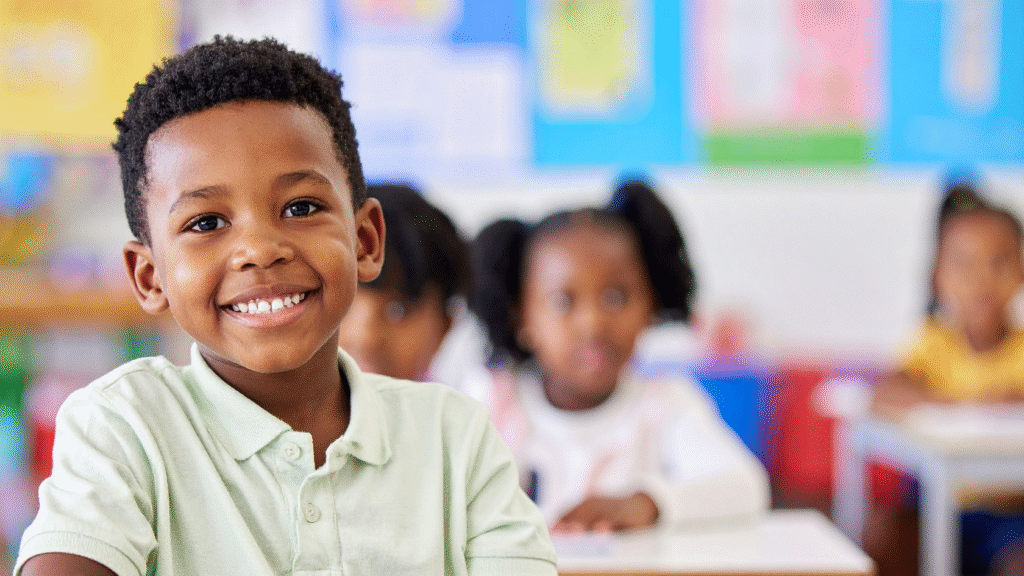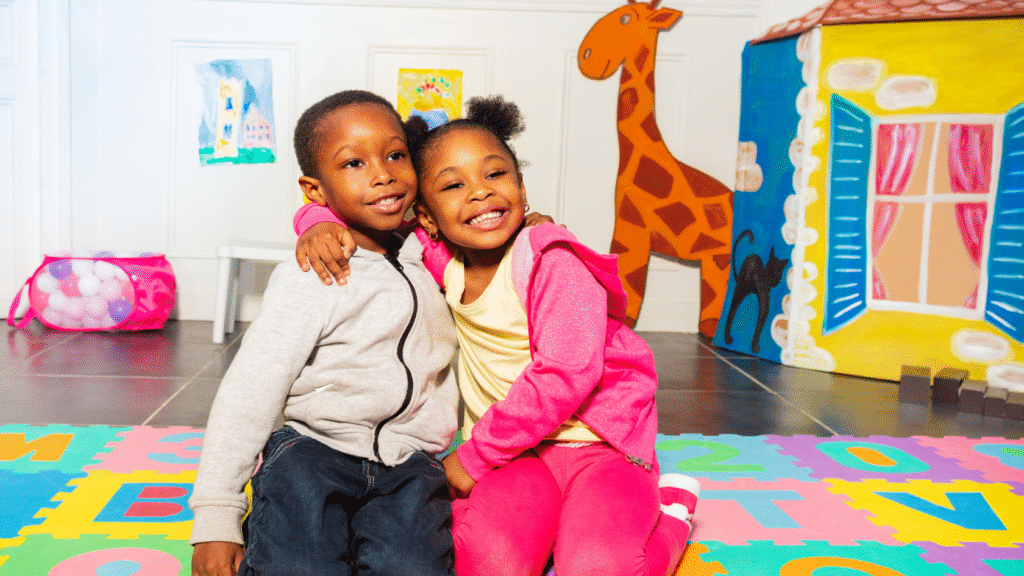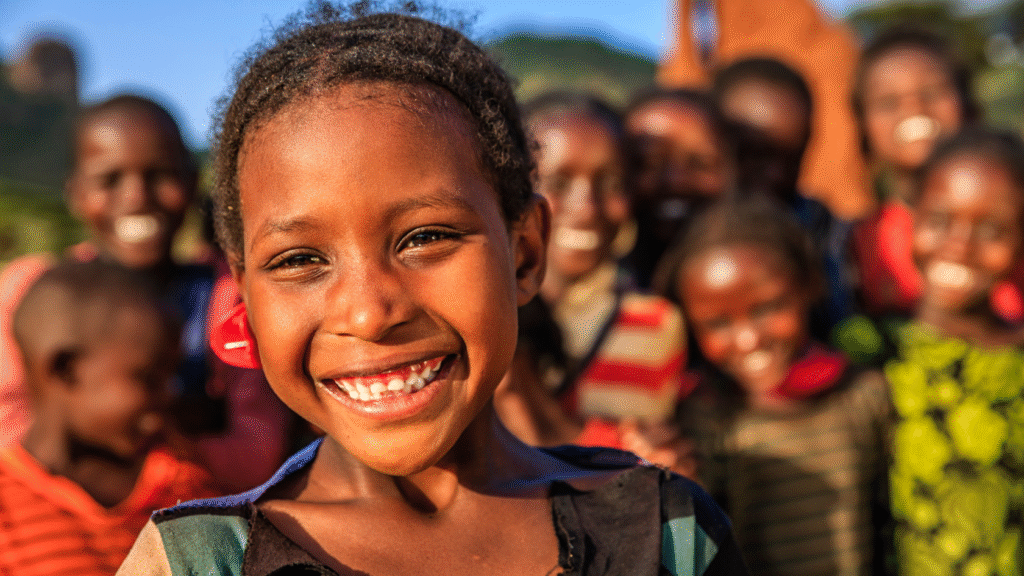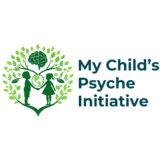About Us
We make children’s inner worlds easier to hear—and easier to help.
My Child’s Psyche Initiative (MCPI) turns child-psychology evidence into clear, practical steps for homes, classrooms, and communities across Nigeria. We design tools adults can use tonight—scripts, checklists, and simple routines—so children feel seen, safe, and supported, and caregivers know exactly what to do in real-life moments.

Our Mission
Our Vision
A Nigeria where every child’s inner world is understood, respected, and supported—at home, in school, and in the community.
Why we exist
Children carry whole inner worlds—questions they can’t yet name, worries that show up as tummy aches or silence, and strengths that blossom when someone notices. Too often, support feels complicated or out of reach. MCPI bridges that gap by turning research into real-world action: word-for-word conversation prompts, 10-minute routines, and classroom tweaks that work in crowded timetables, small apartments, and varied community settings.
Promise: Fewer lectures, more scripts. Fewer theories, more steps.
How we started
My child’s psyche began with a deep and personal realization that each child came with a world within them, that includes fear, worries, personality anxiety, dreams, questions and a lot of potential. Yet so often children’s voices go unheard, questions go unanswered and their emotional and mental-wellbeing are more often overlooked. My child’s psyche hopes to create tools to answer some of the questions, address some of these issues and also equip parents with the tools they need to raise future leaders
A person who has good thoughts cannot ever be ugly. You can have a wonky nose and a crooked mouth and a double chin and stick-out teeth, but if you have good thoughts they will shine out of your face like sunbeams and you will always look lovely"
– Roald Dahl

Core Values
- Compassion: We approach every child’s experience with empathy, understanding, and genuine care, ensuring that every action we take reflects kindness and respect.
- Integrity: We uphold honesty, transparency, and accountability in all our programs, partnerships, and communications.
- Excellence: We are committed to maintaining the highest standards in research, education, and child-centered care.
- Inclusivity: We value diversity and ensure that every child — regardless of background or circumstance — has equal access to emotional and psychological support.
- Collaboration: We work hand-in-hand with families, educators, professionals, and communities to create a unified approach to children’s mental well-being.
- Innovation: We embrace creative and evidence-based solutions that address the evolving emotional and psychological needs of children.
- Empowerment: We aim to equip children, caregivers, and educators with the knowledge and confidence to make positive mental health a shared priority.
What We Do
At My Child’s Psyche, we focus on promoting the mental, emotional, and psychological well-being of children through education, research, and community engagement. We design and implement programs that raise awareness about children’s mental health, train caregivers and educators on emotional intelligence, and provide supportive resources that foster resilience and self-awareness in children.

Values we live by
Dignity: every child is a person, not a problem to fix.
Safety: we protect children’s privacy and wellbeing in every setting.
Inclusion: we design for neurodiversity, disability, and different learning styles.
Clarity: busy adults need words to say and steps to try now.
Partnership: change lasts when schools, families, and communities move together.
Who we support
Parents & Caregivers: practical tools that reduce stress and build connection at home.
Teachers & Schools: simple structures that create calmer classrooms and better learning conditions.
Community & Faith Groups: dignifying spaces where listening is the norm and help is easier to find.
Children & Teens (6–18): age-appropriate supports that honour autonomy and voice.
Safeguarding & Ethics
Children’s safety comes first. Our staff and volunteers are screened, trained, and guided by a child-safe code of conduct. We never publish identifiable child information without informed consent. If a child is at risk, we guide adults toward appropriate services immediately.
